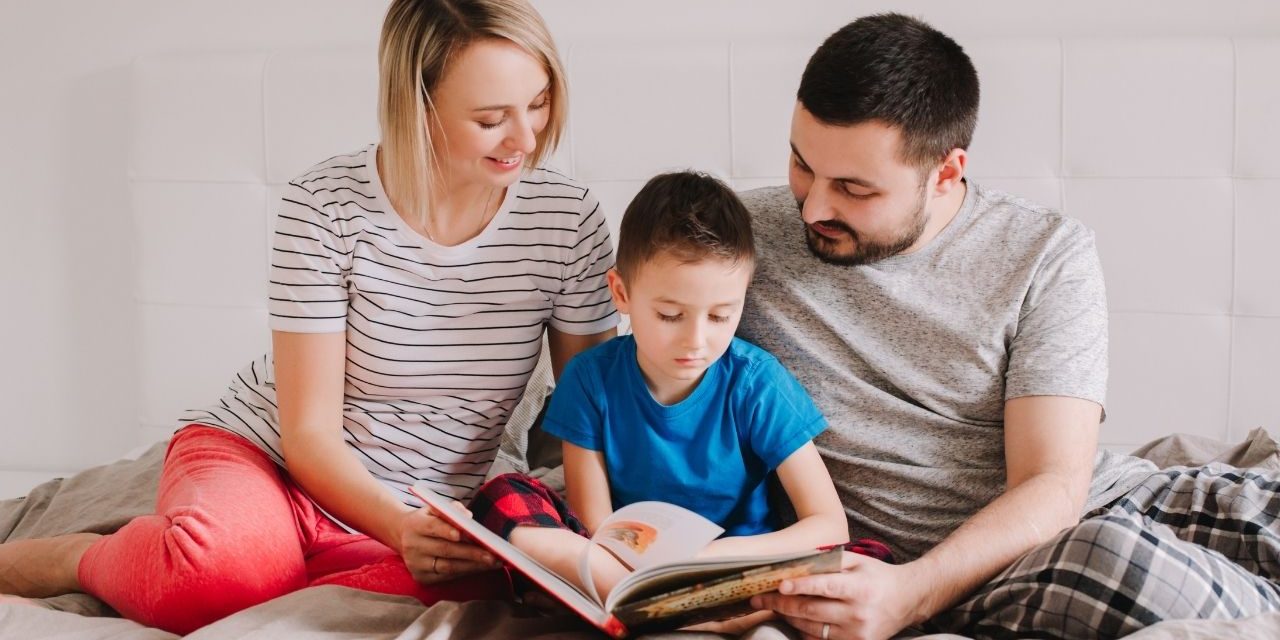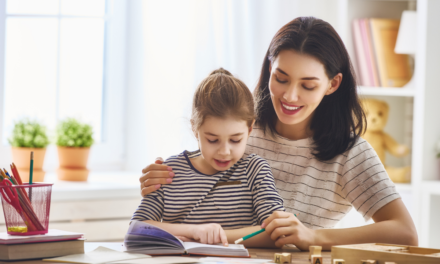
5 ways how children’s literature can help you understand your child.

When you read good literature to your child, he will bring more to you to than what you bring to him as a parent.
This will be the most rewarding experience of your parenthood journey.
Children’s minds are always hungry for ideas, they are naturally filled with eager questions. As you open the book to read, their restless bodies will become still, and they will start listening with comprehensive attention.
As the words flow out while you read to them, their minds are hard at work with curiosity and wonder. And as you keep reading you will realise that there can be no more an important activity for preparing your child for success than reading aloud to him.
Here are 5 ways how reading aloud that can help you understand and nurture your child
1.Read aloud and discuss the book with your child
Discuss the book just as you would discuss an important topic with an adult. Talk about the story and the characters together. Children need to absorb the ideas and thoughts in the book and you may see that these ideas may crop up in a conversation or during play-time in the form of imaginative play. You don’t need to feel compelled to discuss every book that is read together. In some cases you may just let the story sink in and let his mind play upon the new ideas that have captivated him.

2.Literary point of views develop tolerance and right attitude
Your discussion helps him see other points of view. A good quality literature will not tell everything about the story to the reader. It will allow a difference of opinion amongst its readers. Based on the experience and age of the child the viewpoint he shares will be completely different than the viewpoint of his siblings and even you the parent. This difference helps him see that the same context can have different views.
Being able to understand other people’s viewpoint and not be have an adamant and a selfish attitude is important for social development. Having a positive attitude towards our own culture as well as other people’s culture is vital for raising a socially healthy individual who empathises and thinks deep about other people’s feelings.

3. Build emotional intelligence through Children’s literature
Children’s literature has the power to promote emotional intelligence and moral development. When you read stories they are filled with moments of crisis, moments when characters have to make some moral decisions. When he sees a role model in the story depict high virtue and character, this gives a chance to the child to contemplate upon such characters which can influence his decision making abilities.

4. Sense of security through repeated reading of the same book
Don’t give up because of the repeat mode. You may go through a period when your child favours one book and wants it to be read night after night. Keep in mind, however, that a favourite story may speak to your child’s interests or emotional needs. Be patient. Repetitive stories give a sense of security and assurance to the child. These stories are lived in anticipation of what is already known and yet lived deeply by the child every time you read them.

Develop cultural thoughtfulness and imagination through books
Parents who read to their children on a regular basis will see that the child would start expanding his imagination and would have started thinking deeper about this own feelings. Children’s literature is immensely valuable for delivering cultural know-how, social responsibility, character development, creative and emotional intelligence. Exposing children to high quality literature is paramount to the upbringing of an individual who is not just successful but one that is responsible caring and conscientious.
Set aside a good regular chunk of time and dive in together with your child into a few really good books.

Reading aloud to children is the most rewarding and stimulating experience of parenthood.















